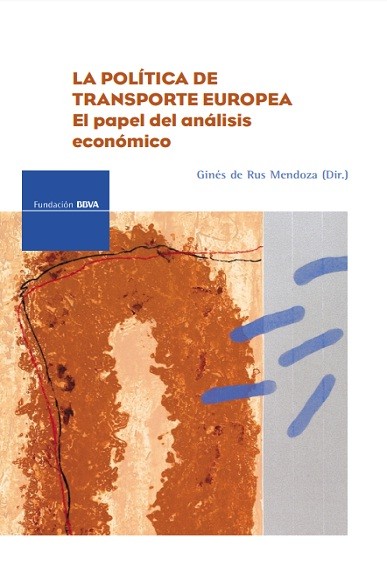
PublicationMonographs
La política de transporte europea
El papel del análisis económico
The relative weight of transport in the European economy has been reckoned at around ten percent of gross domesticproduct (GDP). The fact that its demand derives from other productive activities plus its importance in daily life resultedin a supply driven more by technology than economic concerns. Capacity thus grew steadily to keep pace with expanding demand, leading to the construction of more and more new infrastructures without due regard for their economic viability, regulation, fee calculations, management and financing, and, even less so, for the externalities they would give rise to.
This situation has been changing in the past few decades for a series of reasons: social opposition to monopolies;the difficulty of justifying entry barriers in transport markets and the steady drain on public funds of national flagship railway and airline companies; the problems of traffic congestion and the impossibility of sustaining a policy based solely on capacityincreases, and the need to tackle pollution and the number and severity of accidents. Economic analysis differs from technological analysis in that it examines the structure of the market and the behaviour of companies as well as offering valuation instruments for investments in infrastructure.
